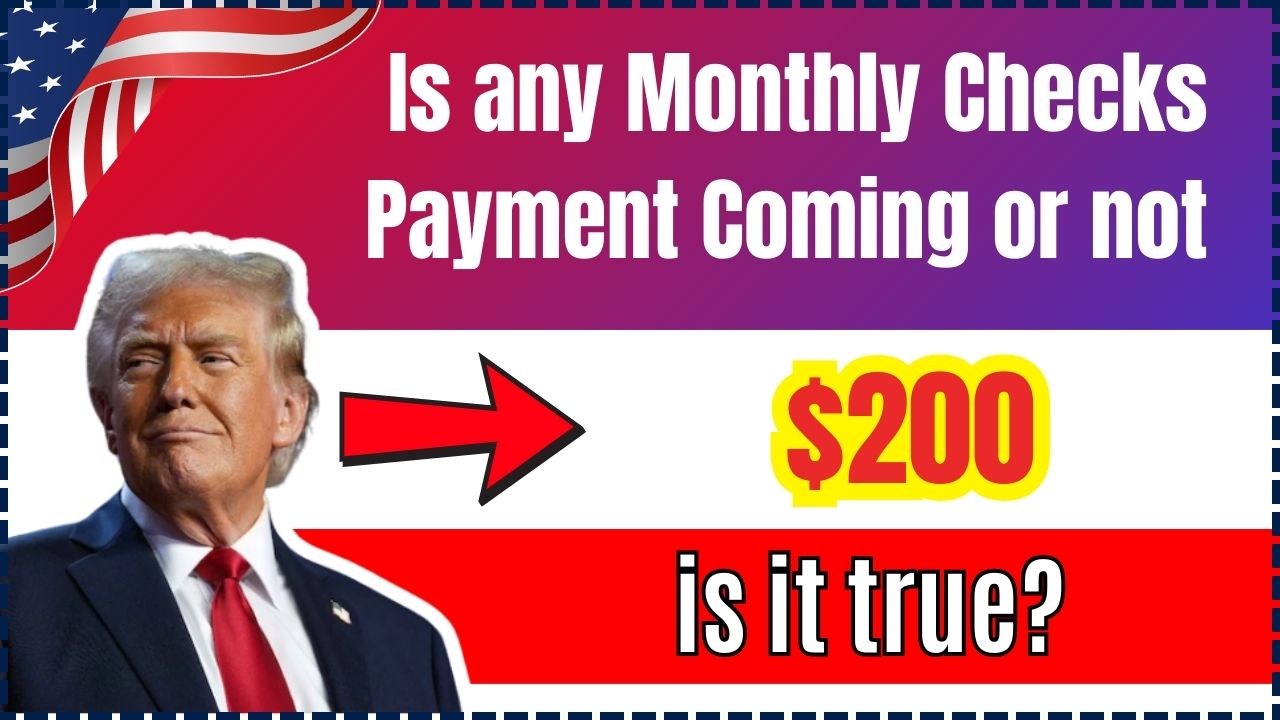

Discussions around the potential for $500 monthly checks from the U.S. government have gained traction, but no official plans have been confirmed. The idea of implementing a universal basic income (UBI) program is being explored, with eligibility likely extending to low-income households, seniors, and disabled individuals. Currently, the government provides various forms of aid, including Social Security and state relief programs, but the proposed monthly checks would represent a significant expansion of direct financial assistance [5082646e].
If implemented, the annual cost of providing $500 monthly checks could reach approximately $150 billion. Proponents of the program suggest that funding could be sourced through increased taxes on the wealthy and corporations. This approach mirrors state-level initiatives, such as California's Guaranteed Income Program, which aims to provide financial support to vulnerable populations [5082646e].
Globally, examples of UBI can be seen in countries like Finland and Spain, where similar programs have been tested. Advocates argue that such measures could lead to poverty reduction and enhanced economic stability. In a recent analysis, Ladislau Dowbor highlights that the global GDP of $110 trillion is sufficient to ensure a dignified life for all, yet 750 million people suffer from hunger and 2 billion face food insecurity. He points out that the wealth of the richest 1% amounts to $250 trillion, while the bottom half holds only $5 trillion [579de533].
Dowbor cites Brazil's Bolsa Família program, which lifted 50 million people out of poverty, demonstrating that basic income can stimulate demand and job creation. The costs of implementing basic income in Brazil were between 0.5% and 1.5% of GDP, with a multiplier effect of 1.78, suggesting that such programs can be economically viable [579de533].
As the conversation around UBI continues, it remains to be seen whether the U.S. government will take concrete steps toward establishing a monthly check program. For now, the focus remains on existing government aid and the ongoing discussions about the future of financial assistance in the country. Dowbor emphasizes the ethical necessity of basic income for human dignity and argues that universal basic services should be prioritized over catering to the wealthy, especially as modern technology can facilitate the distribution of basic income easily [579de533].